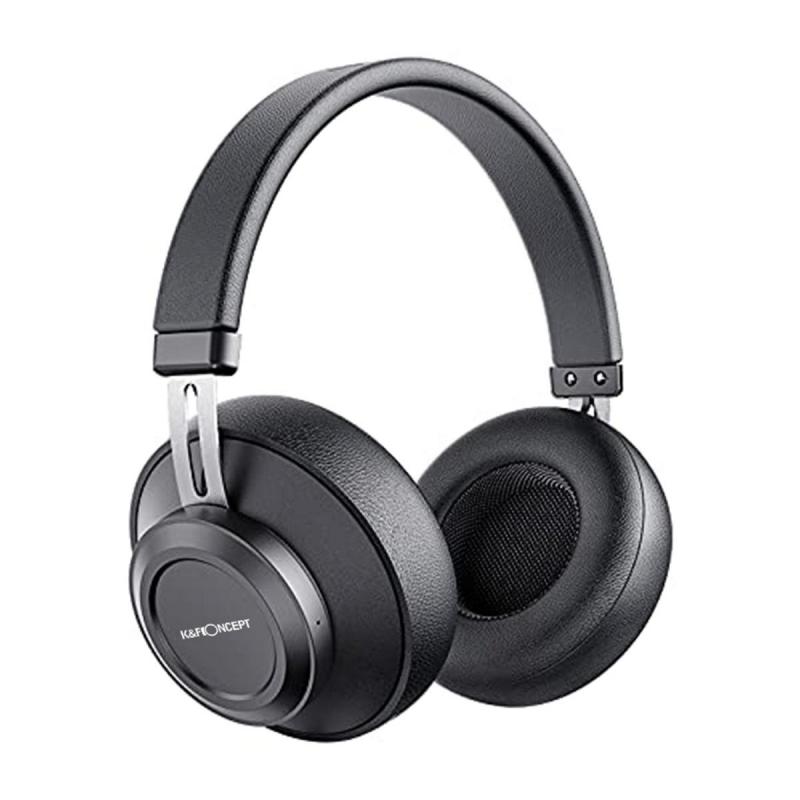Can You Sleep With Headphones In?
Sleeping with headphones in has become a common practice for many individuals seeking to enhance their sleep quality or simply enjoy their favorite music, podcasts, or white noise as they drift off. However, this seemingly harmless habit can have various implications, both positive and negative. In this article, we will explore the different aspects of sleeping with headphones, including the potential benefits, risks, and best practices to ensure a safe and comfortable experience.
Benefits of Sleeping with Headphones

1. Improved Sleep Quality: For some people, listening to calming music, nature sounds, or white noise can significantly improve sleep quality. These sounds can help mask disruptive noises from the environment, such as traffic, snoring, or noisy neighbors, allowing for a more restful sleep.
2. Stress and Anxiety Reduction: Music and soothing sounds can have a calming effect on the mind, reducing stress and anxiety levels. This can be particularly beneficial for individuals who struggle with insomnia or have difficulty falling asleep due to racing thoughts.
3. Enhanced Relaxation: Certain types of audio content, such as guided meditations or ASMR (Autonomous Sensory Meridian Response) recordings, can promote relaxation and help the body transition into a sleep-ready state.
4. Personalized Sleep Environment: Using headphones allows individuals to create a personalized sleep environment without disturbing others. This is especially useful for people who share a bed or room with a partner who has different sleep preferences.
Risks and Drawbacks of Sleeping with Headphones
1. Physical Discomfort: Wearing headphones for an extended period, especially while lying down, can cause physical discomfort. Over-ear headphones can be bulky and press against the ears, while in-ear headphones can cause ear canal irritation or pain.
2. Hearing Damage: Listening to audio at high volumes for prolonged periods can lead to hearing damage or loss. It is crucial to keep the volume at a safe level to protect your hearing health.
3. Ear Infections: In-ear headphones can trap moisture and bacteria in the ear canal, increasing the risk of ear infections. Regular cleaning of both the ears and headphones is essential to minimize this risk.
4. Tangled Wires: Wired headphones can pose a safety hazard if the wires become tangled during sleep. This can lead to strangulation risks, especially for restless sleepers.
5. Battery Concerns: Wireless headphones or earbuds rely on batteries, which can run out of charge during the night. Additionally, there is a potential risk of battery malfunction or overheating, although this is rare.
Best Practices for Sleeping with Headphones
1. Choose the Right Type of Headphones: Opt for sleep-specific headphones or earbuds designed for comfort and safety. These are typically lightweight, have a low profile, and are made from soft materials that won't cause discomfort during sleep.
2. Keep the Volume Low: To protect your hearing, keep the volume at a safe level. The World Health Organization recommends keeping the volume below 60% of the maximum volume to prevent hearing damage.
3. Use a Sleep Timer: Many audio devices and apps have a sleep timer feature that automatically turns off the audio after a set period. This can help prevent prolonged exposure to sound and conserve battery life.
4. Maintain Good Hygiene: Regularly clean your headphones and ears to reduce the risk of ear infections. Use a soft, damp cloth to wipe down the headphones and avoid sharing them with others.
5. Consider Alternative Solutions: If you find headphones uncomfortable or impractical, consider other options such as white noise machines, sleep masks with built-in speakers, or pillow speakers. These alternatives can provide similar benefits without the drawbacks of traditional headphones.
Sleeping with headphones can offer numerous benefits, including improved sleep quality, reduced stress and anxiety, and a personalized sleep environment. However, it is essential to be aware of the potential risks, such as physical discomfort, hearing damage, ear infections, tangled wires, and battery concerns. By following best practices, such as choosing the right type of headphones, keeping the volume low, using a sleep timer, maintaining good hygiene, and considering alternative solutions, you can enjoy the advantages of sleeping with headphones while minimizing the risks.
Ultimately, the decision to sleep with headphones is a personal one, and it is important to weigh the pros and cons based on your individual needs and preferences. If you experience any discomfort or adverse effects, it may be worth exploring other methods to enhance your sleep quality. Remember, a good night's sleep is crucial for overall health and well-being, so prioritize comfort and safety in your sleep routine.
